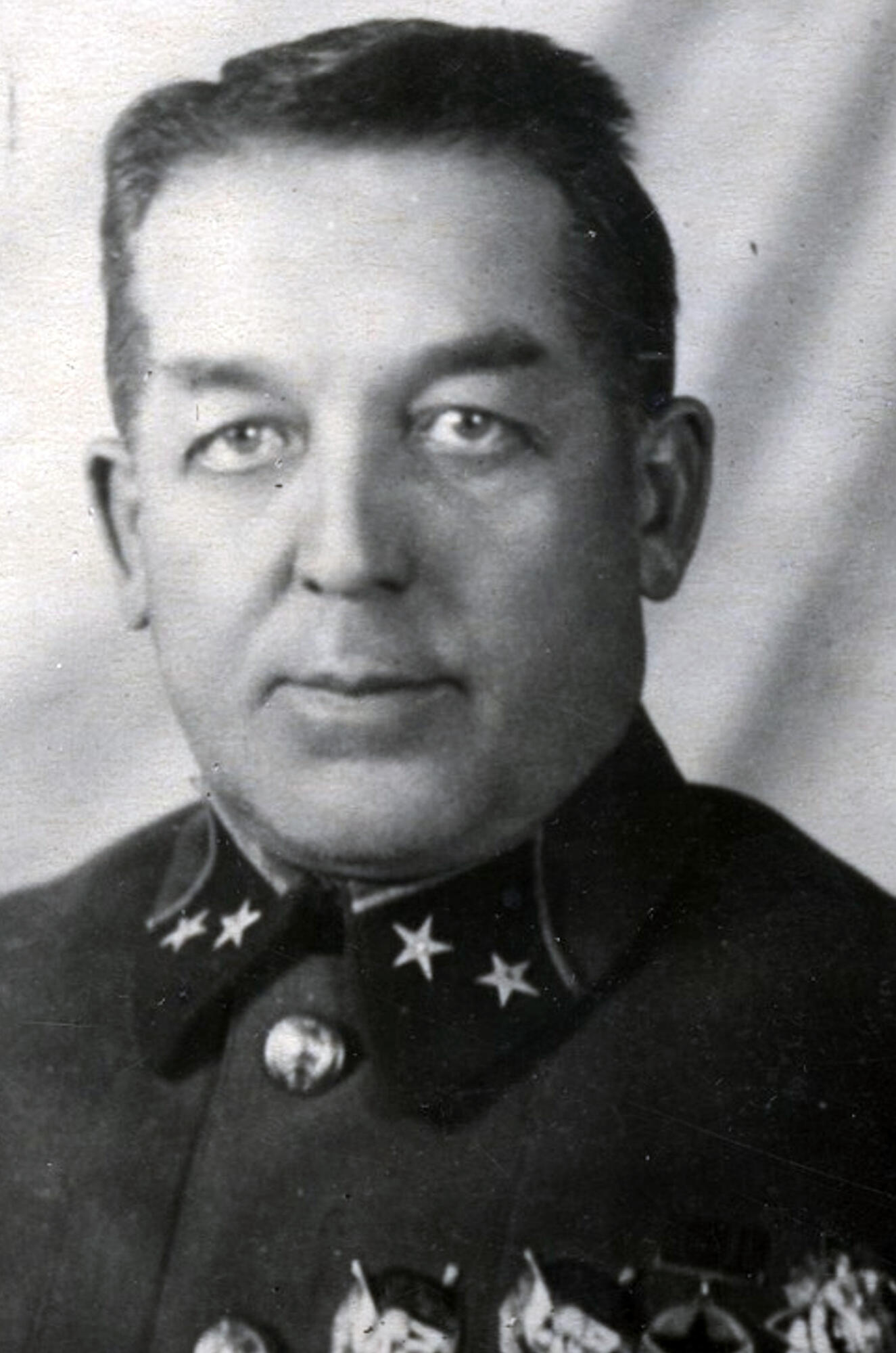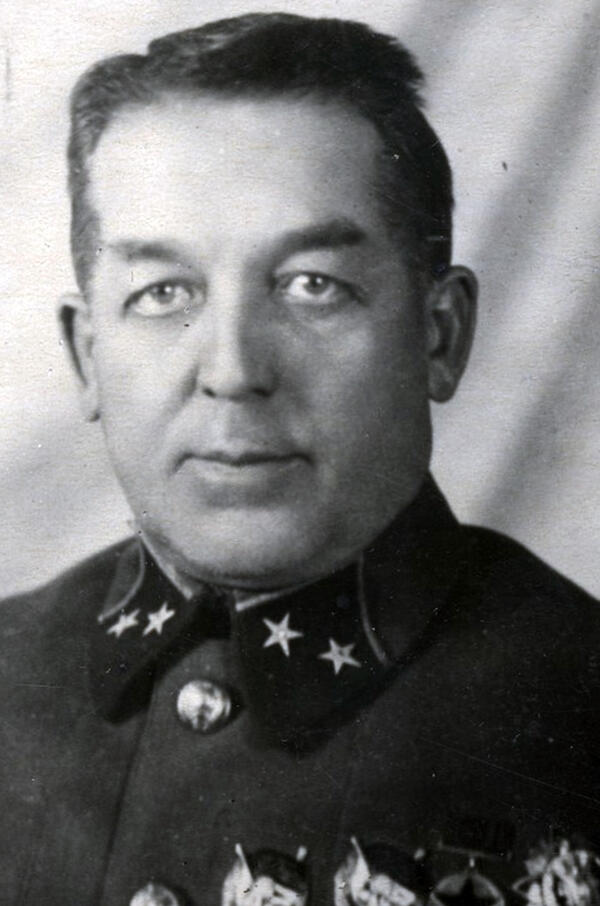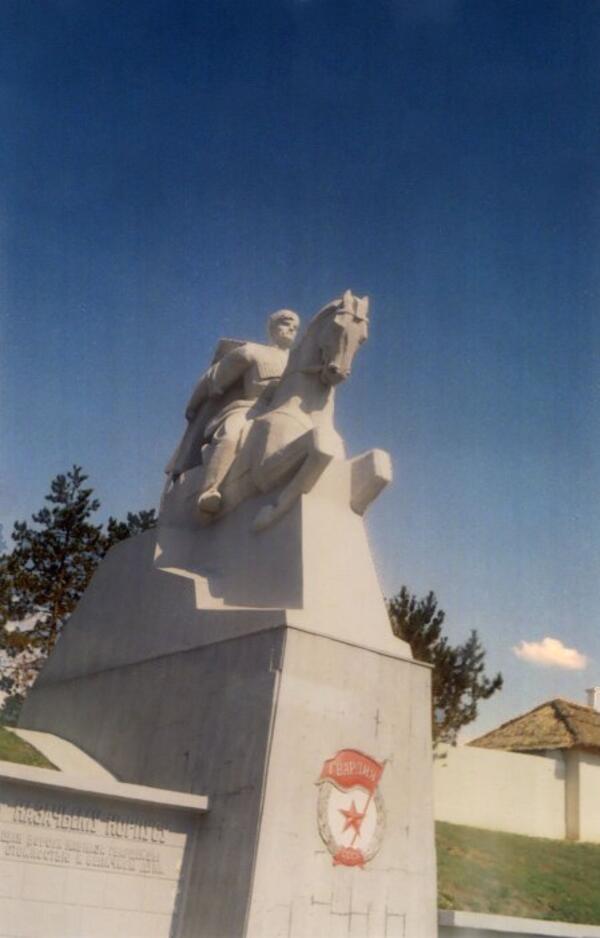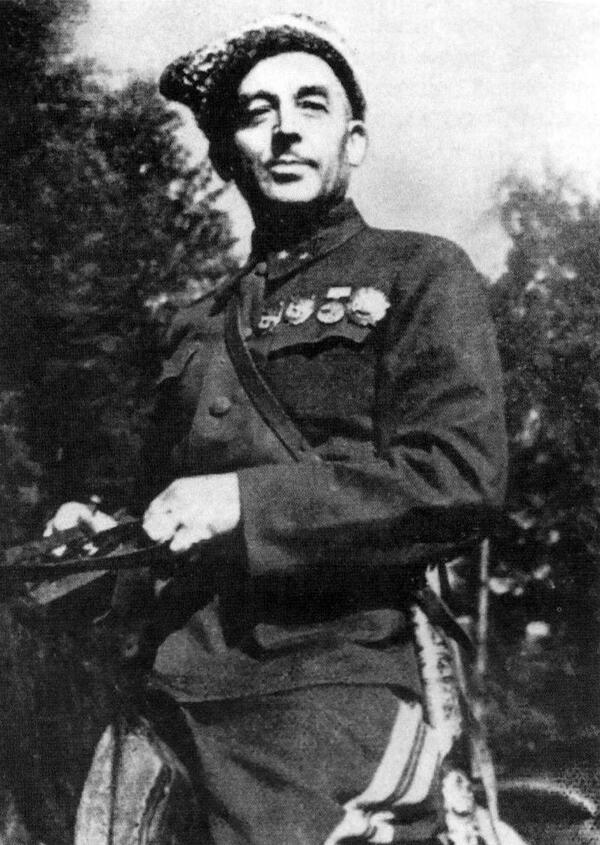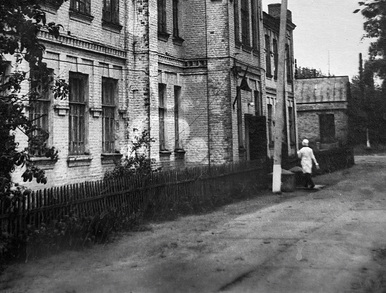The collection of the Urazovo Local History Museum contains a photograph of Lieutenant General Nikolay Kirichenko
Nikolay Kirichenko was born on January 14, 1895 in the settlement of Urazovo in the family of a tanner. He graduated from the Urazovo Commercial College, and then worked in a store for one of the Urazovo merchants. In 1917, Kirichenko entered the army, and later, as part of the Budyonov troops, he participated in the Civil War against the White Guards. In the battles in June 1920 near Novograd-Volynsk, the soldiers of the 79th regiment of the 14th cavalry division Kirichenko and Malakhov showed courage. They crossed the Sluch River, silently removed the machine-gun point of the White Poles, thereby ensuring the crossing of the river for the entire regiment. From that moment, the military career of the future General Nikolay Kirichenko began.
In 1921, after graduating from higher academic courses at the Military Academy of the General Staff of the USSR Armed Forces, Nikolay Kirichenko was appointed as assistant commander of a rifle division. Over the years, he was the commander of a cavalry brigade and a mechanized corps. In 1922, Kirichenko was twice awarded the Order of the Red Banner, and shortly before the start of the Great Patriotic War he was awarded the rank of Major General and sent to serve in the Kiev Special Military District. From the first battles, the Nazis felt the full force of the resistance of the Soviet cavalry. In 1942, the Presidium of the Supreme Soviet of the USSR awarded the 30th and 38th cavalry divisions with the Order of the Red Banner for exemplary performance of combat missions on the front of the struggle against the German fascist invaders and for the valor and courage shown at the same time. These were the first light cavalry divisions awarded with orders of the USSR. The commanders of the 30th Cavalry Division, Colonel Nikolay Pichugin, and the 38th Cavalry Division, Major General Nikolay Kirichenko, were awarded the Order of Lenin.
Nikolay Kirichenko was born on January 14, 1895 in the settlement of Urazovo in the family of a tanner. He graduated from the Urazovo Commercial College, and then worked in a store for one of the Urazovo merchants. In 1917, Kirichenko entered the army, and later, as part of the Budyonov troops, he participated in the Civil War against the White Guards. In the battles in June 1920 near Novograd-Volynsk, the soldiers of the 79th regiment of the 14th cavalry division Kirichenko and Malakhov showed courage. They crossed the Sluch River, silently removed the machine-gun point of the White Poles, thereby ensuring the crossing of the river for the entire regiment. From that moment, the military career of the future General Nikolay Kirichenko began.
In 1921, after graduating from higher academic courses at the Military Academy of the General Staff of the USSR Armed Forces, Nikolay Kirichenko was appointed as assistant commander of a rifle division. Over the years, he was the commander of a cavalry brigade and a mechanized corps. In 1922, Kirichenko was twice awarded the Order of the Red Banner, and shortly before the start of the Great Patriotic War he was awarded the rank of Major General and sent to serve in the Kiev Special Military District. From the first battles, the Nazis felt the full force of the resistance of the Soviet cavalry. In 1942, the Presidium of the Supreme Soviet of the USSR awarded the 30th and 38th cavalry divisions with the Order of the Red Banner for exemplary performance of combat missions on the front of the struggle against the German fascist invaders and for the valor and courage shown at the same time. These were the first light cavalry divisions awarded with orders of the USSR. The commanders of the 30th Cavalry Division, Colonel Nikolay Pichugin, and the 38th Cavalry Division, Major General Nikolay Kirichenko, were awarded the Order of Lenin.
